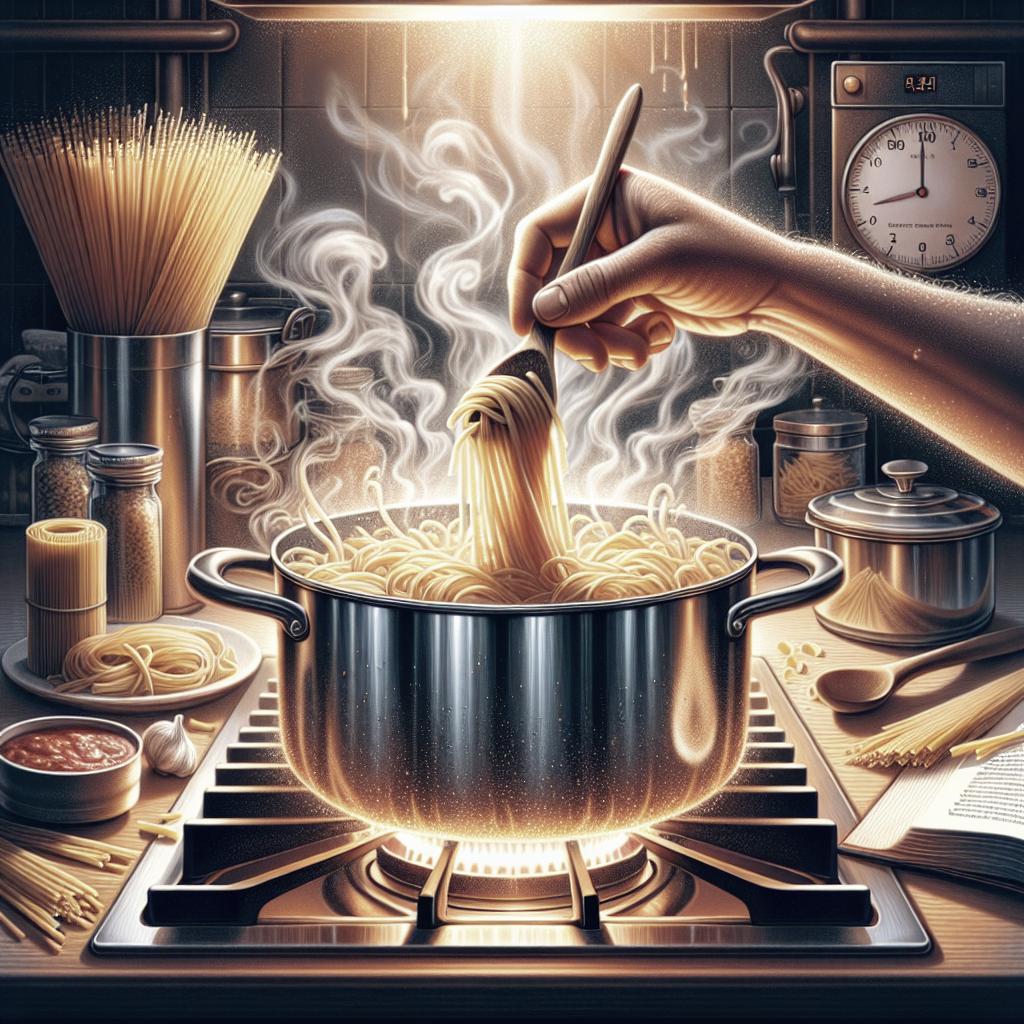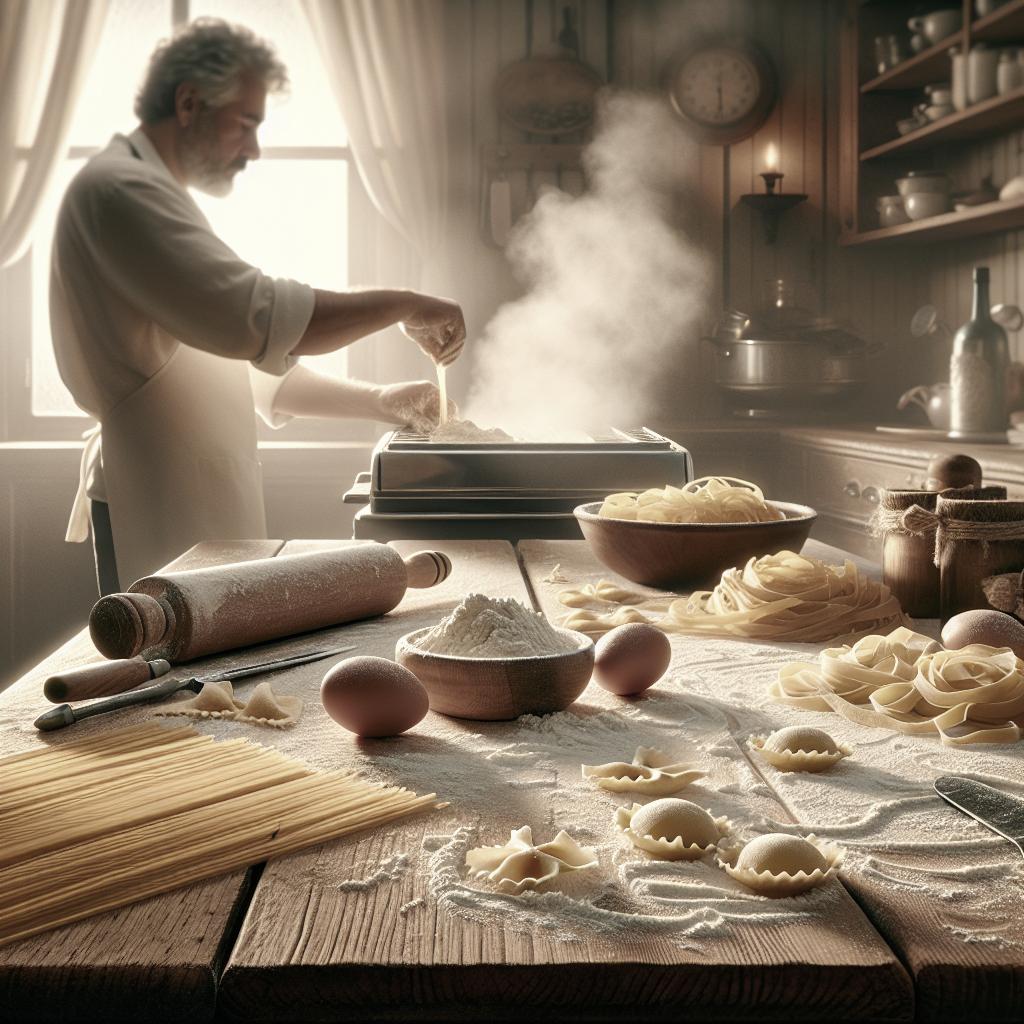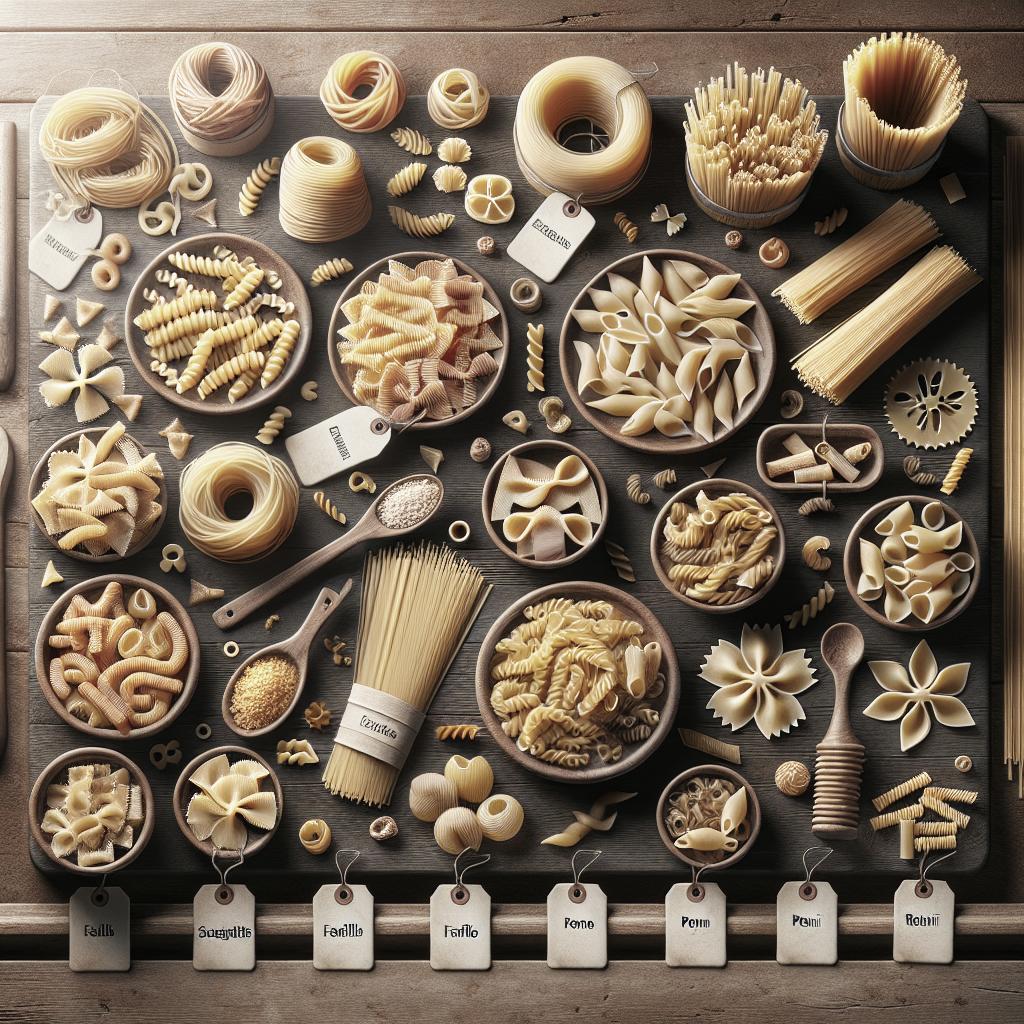“`html
How to Avoid Overcooking Pasta
Pasta is a beloved staple in many cuisines worldwide, but achieving the perfect al dente texture can be a challenge. Overcooking pasta can lead to a mushy texture that detracts from the enjoyment of your meal. In this article, we’ll explore five common mistakes that lead to overcooked pasta and how to avoid them. By understanding the importance of salting water, avoiding oil, timing your checks, saving pasta water, and steering clear of rinsing, you can enhance your pasta-cooking skills and enjoy that perfect bite every time. Let’s dive into these solutions and elevate your pasta proficiency.
Undersalting the Cooking Water
One of the most significant errors people make when cooking pasta is undersalting the cooking water. Salt plays an essential role in flavoring the pasta as it cooks, as the salted water is absorbed into the pasta, seasoning it from the inside out. When you neglect to add enough salt, your pasta can taste bland, leading you to overcook it in an attempt to infuse more flavor.
The rule of thumb is to use at least 1 tablespoon of salt for every 4-6 quarts of water. This might seem like a lot, but most of the salt stays in the water, not in the pasta itself. Remember, the aim is to create water that’s salty like the sea, providing a base flavor that will complement any sauce you pair with the pasta.
Adding Oil to the Pasta Water
A common myth suggests that adding oil to pasta water prevents the noodles from sticking. However, this is a mistake that could adversely affect your dish. Oil can create a slippery coating on the pasta, which makes it difficult for sauces to adhere properly, leading to a less flavorful result.
Instead of oil, the key to preventing sticking is to stir the pasta occasionally during cooking. As soon as you add the pasta to the boiling water, give it a good stir. Continue stirring every few minutes, especially when using pasta shapes that are prone to clumping, like linguine or spaghetti.
Not Checking the Pasta Early or Often Enough
Pasta has a unique way of testing a cook’s patience; it seems to take forever to cook, but then suddenly it’s overdone. Not checking pasta early and often is a critical mistake that can lead to overcooking. Instead of relying solely on the suggested cooking time on the package, start checking the pasta a few minutes earlier.
To test the pasta for doneness, use the classic “bite test.” Select a piece, bite into it, and look for a uniform texture but with just a slight bit of resistance in the center. When the pasta is a minute or two shy of al dente, remove it from the water because it will continue cooking from residual heat and when combined with sauce.
Not Saving Some of the Pasta Water
Discarding all the pasta water is a missed opportunity. This starchy liquid is a great asset for enhancing the texture and flavor of your dish. It helps bind the sauce to the pasta, creating a creamy, cohesive dish without the need for extra oil or butter.
Before draining the pasta, scoop out a cup of pasta water. Use this water to adjust the consistency of your sauce. Whether you need to loosen a thick pesto or enhance the creaminess of an Alfredo, pasta water is your secret weapon. Its starchiness allows the sauce to cling better to the pasta, promoting a harmonious fusion of flavors.
Rinsing Pasta
Many people rinse pasta under cold water after cooking, thinking it will stop the cooking process immediately and prevent overcooking. However, this practice washes away the starches on the pasta’s surface, which are crucial for sauce adherence.
The only exception to this rule is if you’re preparing a cold pasta salad. In that case, rinsing is necessary to cool the pasta quickly. For hot dishes, simply drain the pasta and immediately mix it with your sauce. This method ensures you maintain that starchy layer, helping the sauce cling to the pasta and intensifying the flavor.
Lessons Learned
| Common Mistake | Solution |
|---|---|
| Undersalting the Cooking Water | Use at least 1 tablespoon of salt per 4-6 quarts of water. |
| Adding Oil to the Pasta Water | Stir pasta occasionally during cooking instead of adding oil. |
| Not Checking Pasta Early or Often Enough | Start testing pasta for doneness a few minutes before the suggested time. |
| Not Saving Some of the Pasta Water | Reserve a cup of pasta water to enhance sauce texture and flavor. |
| Rinsing Pasta | Avoid rinsing hot pasta to preserve starches for better sauce adherence. |
“`


